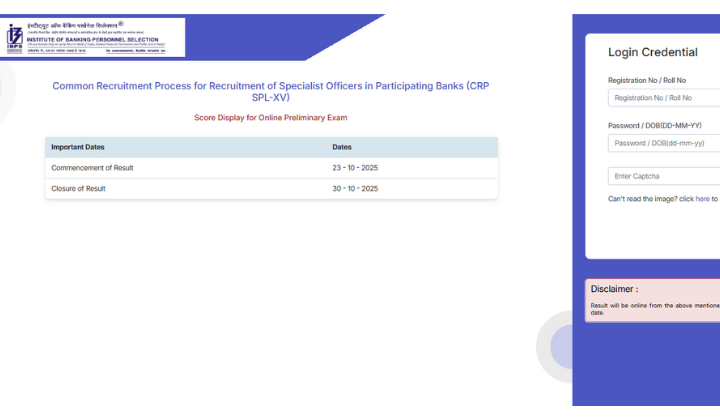Now Reading: NCERT Revises Class 8 History Textbook, Drops Detailed Chapters on Mughals and Delhi Sultanate
-
01
NCERT Revises Class 8 History Textbook, Drops Detailed Chapters on Mughals and Delhi Sultanate
NCERT Revises Class 8 History Textbook, Drops Detailed Chapters on Mughals and Delhi Sultanate

In a fresh round of curriculum changes, NCERT has revised its Class 8 social science textbook, significantly trimming content related to the Mughal Empire and Delhi Sultanate. The changes are part of a larger review of school syllabi aimed at “rationalising” topics, but the move has already sparked debate among educators, historians, and parents across the country.
What’s Been Removed
The revised textbook, which will now be taught in schools across India, excludes earlier detailed chapters on the political history of the Delhi Sultanate and Mughal rule. Instead, the content has been summarised into brief references or merged under broader historical themes.
Also missing are discussions around administrative structures, court cultures, art and architecture, and the influence of these empires on India’s socio-political landscape.
Why the Change?
According to officials involved in the update, the aim was to reduce the academic load on students and focus more on essential concepts. They argue that certain topics were repetitive across classes and that the new structure streamlines learning without omitting critical milestones.
However, critics argue that such changes risk diluting historical understanding and could lead to a generation of students growing up with limited knowledge about key periods of Indian history.
Response from Tier 2 Cities
Teachers and school administrators in Tier 2 cities like Nagpur, Indore, and Lucknow have expressed concern over the sudden reduction of important topics. Many believe that students from non-metro schools, where alternate resources are limited, might struggle with a narrow version of history.
Some educators are planning to supplement these topics through classroom discussions or reference material to give students a more complete picture.
A Wider Trend of Textbook Revisions
This update is part of a broader effort by NCERT over the past couple of years to revise content across subjects and classes. Similar changes have been seen in political science and economics textbooks as well.
While curriculum adjustments are a regular part of education policy, the nature and timing of such edits—especially those related to historical narratives—often invite scrutiny.
Conclusion
As NCERT moves forward with its latest textbook changes, the debate between curriculum lightening and content preservation continues. For students, especially those in smaller towns and government schools, what’s at stake is not just fewer pages—but potentially fewer perspectives.
























